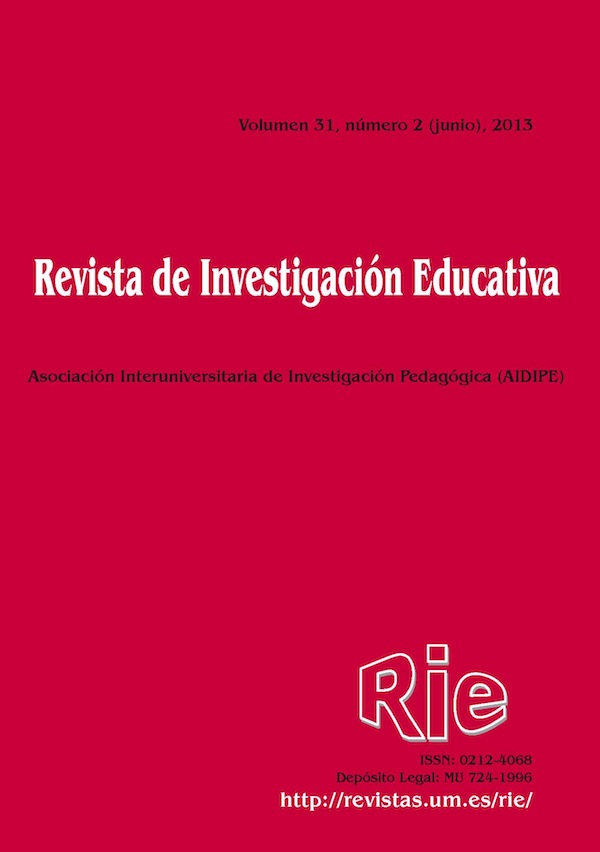School schedule and work-life balance: analysis of families with high school children (12-16 years old)
Supporting Agencies
- Ministerio de Ciencia e Innovación
- Plan Nacional de I D I (PSI2008-04368/PSIC) y Fondo Europeo de Desarrollo Regional (FEDER)
- a través de la “Secretaría Xeral de Universidades de la Consellería de Educación e Ordenación Universitaria" (Xunta de Galicia)
Abstract
The aim of this study was to explore the impact of a number of factors on parents´ work-life balance, such as the socio-demographic context, school timetables, and family co-responsibility in tasks pertaining to children’s schooling. A sample of 859 Galician families with children in secondary education (12-16 years old) completed a self-administered questionnaire on time management. The results showed that work-life balance may be influenced by family structure, parents´ employment status, and children’s age. The worst work-life balance was associated with low levels of satisfaction with school schedules and holiday distribution. Also, there was a low level of co-responsibility in tasks pertaining to children’s schooling, being mostly women the ones in charge of tasks. Co-responsibility was positively related to work-life balance when tasks demand day-to-day participation.
Downloads
-
Abstract1261
-
PDF (Español (España))1046
The articles and scientific documents published in RIE abide the following conditions:
1. The Servicio de Publicaciones de la Universidad de Murcia (the publisher) has the property rights (copyright) of all the documents published and allows the reuse under the user’s license indicated in point 2.
2. All documents are published in the digital edition of RIE under a Creative Commons Reconocimiento-NoComercial-SinObraDerivada 4.0 Internacional. (legal document) license. These documents can be copied, used, distributed, communicated and explained publicly if: i) the author(s) and its original source of publishing (magazine, publisher and URL of the document) are cited; ii) it is not used for commercial purpose; iii) the existence and the specifications about this license are mentioned.
3. Auto-archive’s conditions. The authors are allowed and encouraged to digitally distribute the pre-print versions (a version before evaluation) and/or post-print (a version that it is already evaluated and accepted to its publication). This promotes circulation and distribution earlier and can increase the citations and significance within the academic community.










